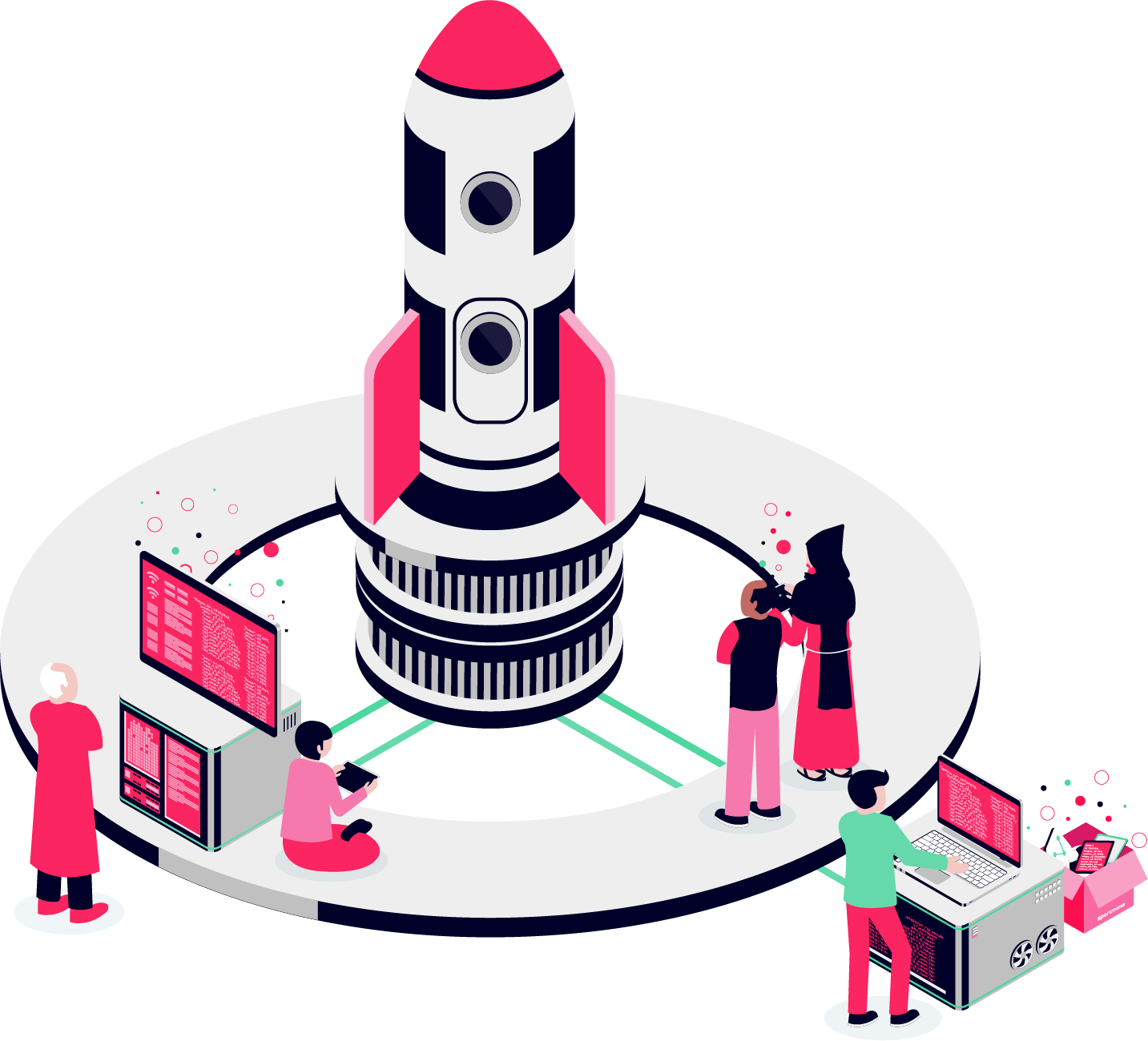
Contents
The digital revolution of the late 20th century changed everything. With the proliferation of the internet, football data started to find its way into databases, laying the foundation for the development of APIs.
In the ever-evolving world of sports technology, Football APIs have emerged as an indispensable tool for fans, developers, and organizations alike. These Application Programming Interfaces (APIs) provide access to a treasure trove of football-related data, from live match scores to historical statistics. In this blog, we’ll take a trip down memory lane to explore the history and evolution of Football APIs, highlighting their role in shaping the way we experience the beautiful game.
Early Data Sources
The first football data sources were often manually curated websites and forums. Enthusiastic fans would compile statistics, match schedules, and player information, making them available to others through basic web interfaces. These early efforts set the stage for more structured data delivery.
The Emergence of Football APIs
As the demand for real-time football data grew, so did the need for more powerful and versatile data delivery methods. This led to the development of dedicated Football APIs.
The Guardian Football API (2010)
One of the earliest notable Football APIs was The Guardian’s Football API, launched in 2010. It provided access to a wealth of football-related content, including match reports, live scores, and player statistics. This marked a crucial moment in the democratization of football data, as developers and startups began to leverage this API to build innovative football-related applications.
Opta Sports (2012)
Opta, a leading sports data provider, introduced its football data API in 2012. This API offered detailed statistics, player performance metrics, and event data for a wide range of football competitions. Opta’s data has become a cornerstone for many football-related applications and analytical tools used by teams, analysts, and fans.
Open Data Initiatives
The football world gradually recognized the importance of data accessibility. Initiatives like the Premier League’s Open Data project (launched in 2016) and other league-specific efforts aimed to make football data openly available to developers. This marked a shift towards greater transparency and innovation within the football industry.

The Modern Era of Football Applications
As technology continued to advance, football applications evolved significantly. Today, Football APIs have become a standard feature in the sports technology landscape. Numerous providers offer APIs that cover an extensive range of football data, including live scores, player statistics, historical results, and much more. These APIs serve various purposes:
- Mobile Apps for Fan Engagement: Major football organisations, clubs, and media outlets offer their own dedicated apps to cater to fans’ needs and provide them with real-time match updates, statistics, and interactive experiences.
- Social Media: Platforms like Twitter, Facebook, and Instagram have become essential for football fans to follow their favourite teams, players, and journalists for the latest updates and news. Media outlets and bloggers use Football APIs to access historical data and create engaging content, including infographics and interactive visualizations.
- Fantasy Football: Fantasy football leagues have become immensely popular, allowing fans to create their own virtual teams and compete against others based on the real-life performances of players. Fantasy football platforms rely heavily on APIs to provide participants with player statistics and facilitate team management.
- Sports Betting: Betting platforms use APIs to display odds, track live scores, and offer in-play betting options to their users.
- Analytics and Performance Tracking: Teams and coaches use APIs to analyze player and team performance, making data-driven decisions.
- Virtual Reality (VR) and Augmented Reality (AR): These technologies are increasingly being used to provide immersive football experiences, from VR simulations of matches to AR apps that enhance the in-stadium experience.
Conclusion
The history of football applications is a testament to the sport’s enduring popularity and its ability to adapt to changing times. From its humble beginnings as an ancient ball game to the modern digital era, football has remained a global passion. Today, football applications offer fans unprecedented access to the sport, connecting them with teams, players, and fellow enthusiasts around the world. As technology continues to advance, football applications will certainly play an even more prominent role in the future, enhancing the way we enjoy the beautiful game.
